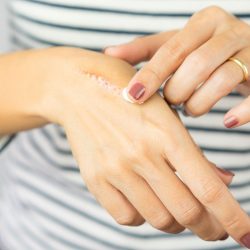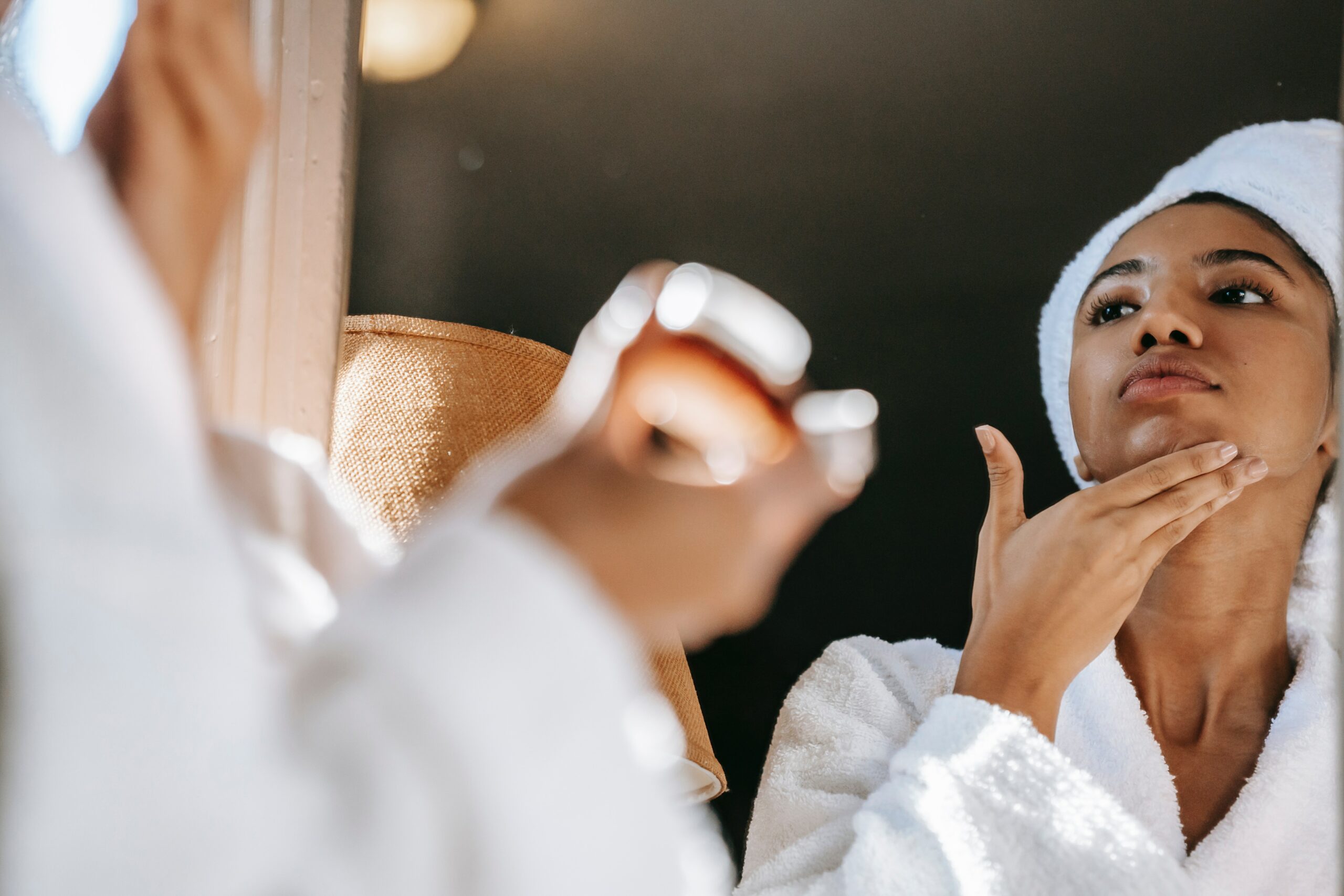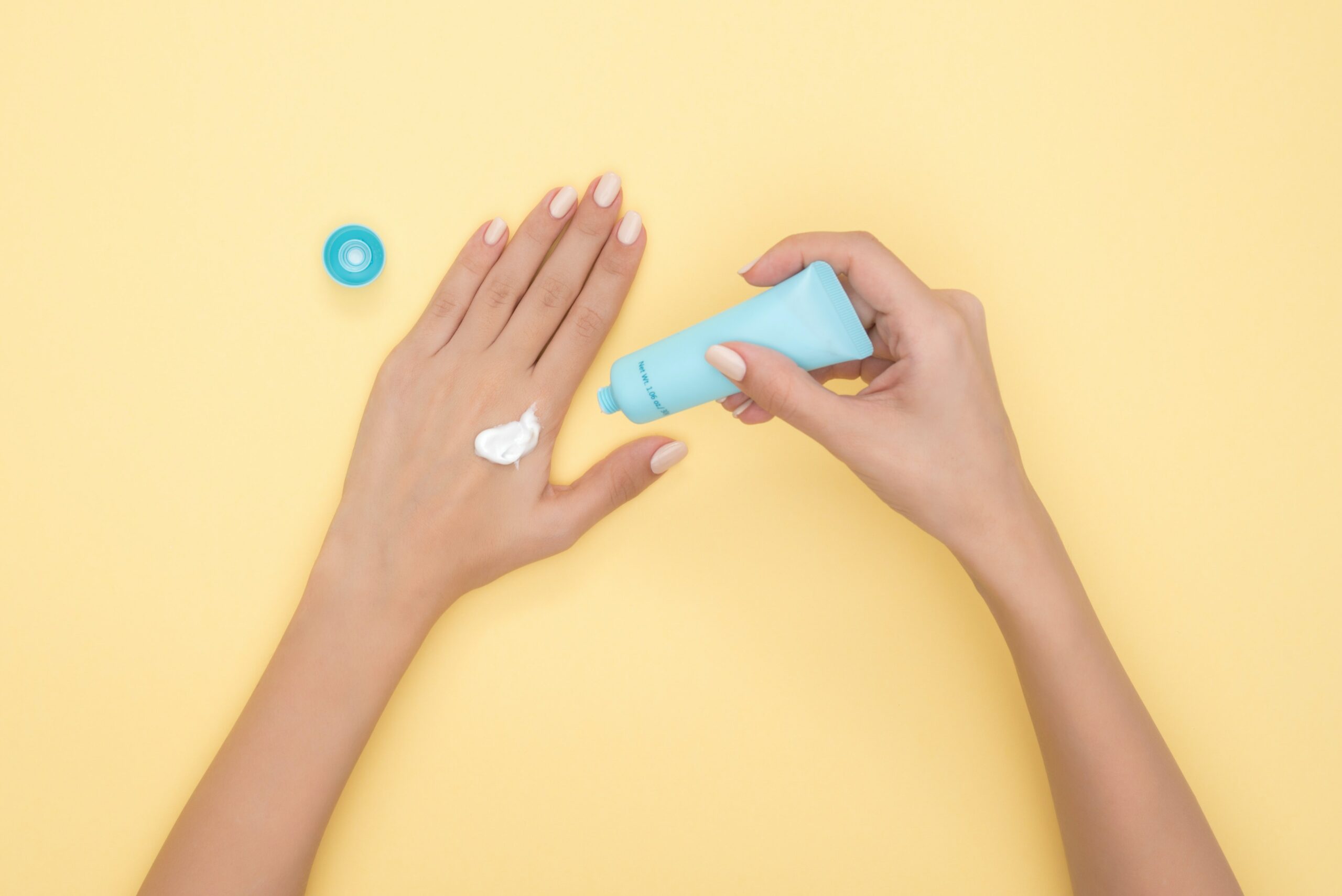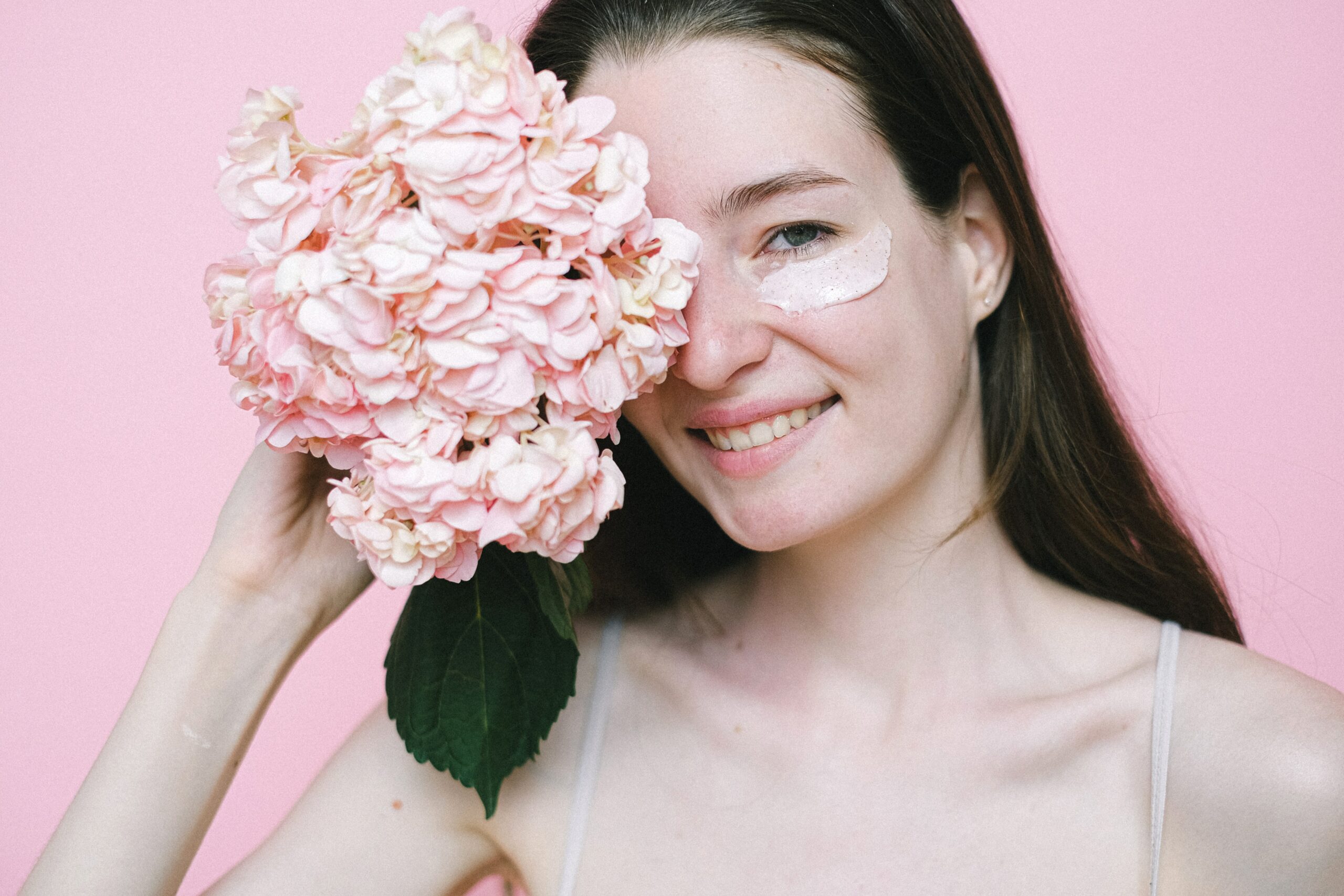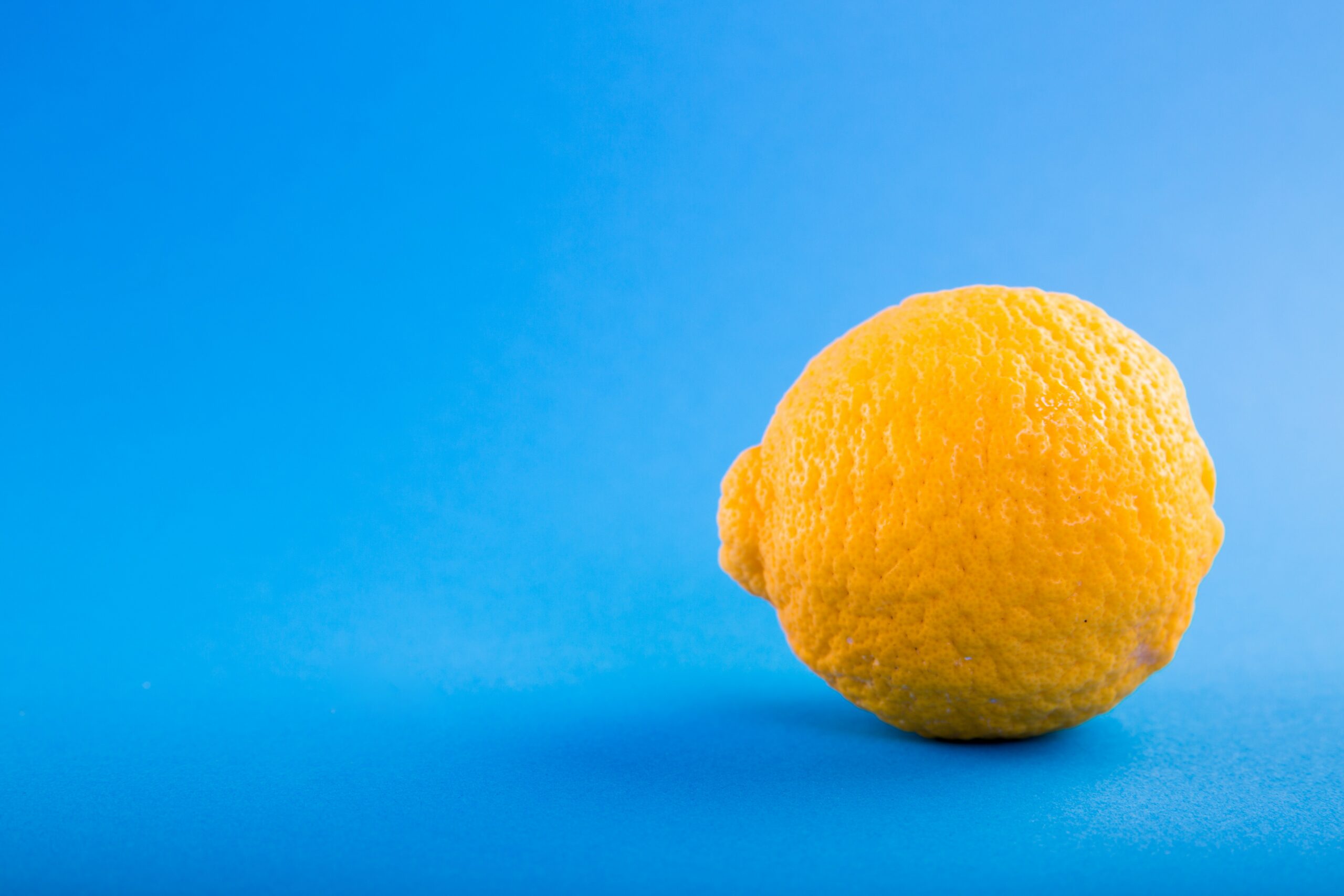After the age of 50, the skin begins to show visible signs of ageing due to various factors such as hormonal changes, exposure to UV rays, pollution and stress. So adopting an appropriate anti-ageing routine is crucial to maintaining healthy, radiant skin. It’s a combination of proper skincare, a healthy diet, exercise and a balanced lifestyle that can help slow down the ageing process.
The importance of an anti-ageing routine
To adopt an effective anti-ageing routine, it is essential to understand the skin’s ageing process. By understanding these mechanisms, you’ll be better equipped to choose the right products and treatments for your skin.
The causes of skin ageing
Skin ageing is a natural and inevitable process that generally begins after the age of 25. It is mainly due to two factors: intrinsic ageing, i.e. genetically determined chronological ageing, and extrinsic ageing caused by environmental and lifestyle factors.
- Intrinsic ageing occurs independently of external factors. Over time, the production of collagen and elastin, two proteins essential for the skin’s firmness and elasticity, slows down. At the same time, the skin gradually loses its ability to retain moisture, leading to dryness and loss of volume.
- Extrinsic ageing is caused by external factors such as exposure to the sun (photoageing), pollution, smoking, poor diet and stress. These factors can accelerate the ageing process by producing free radicals that damage skin cells.
Signs of skin ageing
Signs of skin ageing generally manifest themselves in the appearance of fine lines and wrinkles, pigment spots, sagging skin and loss of volume. These signs are most visible on areas exposed to the sun, such as the face, neck, décolleté and hands.
- Fine lines and wrinkles are the result of reduced production of collagen and elastin. They first appear around the eyes, mouth and forehead.
- Age spots are generally caused by prolonged exposure to the sun. They appear mainly on the face, hands and décolleté.
- Sagging skin and loss of volume are due to a reduction in the production of hyaluronic acid, a molecule that retains water in the skin.
How can we combat skin ageing?
Understanding skin ageing is the first step in choosing an effective anti-ageing routine. The key is to adopt a global approach approach, which includes appropriate skin care, a balanced diet, a good good hydrationadequate sleep protection sun protection and stress management. It is also advisable to consult a dermatologist on a regular basis, who can provide personalised advice based on your skin type and specific concerns.
Why a specific routine after 50?
The skin is a living organ that evolves over time, undergoing structural and functional changes as we age. It is therefore essential to adapt your skincare routine to your age, as your skin’s needs change over time. After the age of 50, these changes can accelerate, requiring special attention and care. Let’s explore why a specific routine after 50 is crucial to maintaining the health and vitality of your skin.
Benefits of an anti-ageing routine
The right anti-ageing routine can improve the appearance of your skin, boost your self-confidence and even improve your overall health.
Key elements of an anti-ageing routine after 50
Skin after 50 needs special attention. In this section, we suggest a targeted anti-ageing skin care routine, including cleansing, exfoliation, moisturising, sun protection and the use of specific skincare products. You’ll find out how to choose the products best suited to your needs and the effective ingredients to choose.
Cleansing: the basics
Cleansing is the first essential step. It removes impurities and prepares the skin to absorb the benefits of subsequent treatments. A gentle but effective cleanser is key.
Exfoliation: Cell renewal
Regular exfoliation is crucial. It helps get rid of dead skin cells and promotes a more radiant, even complexion by stimulating cell renewal.
Hydration: Elasticity and softness
Moisturising is essential for maintaining the skin’s elasticity and softness. The right moisturiser for your skin type can make all the difference.
Sun protection: Prevent ageing
Sun protection is a must for preventing sun damage, which is a major cause of skin ageing. Opt for an SPF adapted to your daily exposure.
Specific skin care: Targeting the signs of ageing
Incorporate specific serums and creams, such as anti-ageing products, to target and treat the visible signs of ageing.
Choosing the right anti-ageing products
Selecting the right anti-ageing products can seem complex. We’ll guide you through the key ingredients and formulations adapted to your skin type for maximum effectiveness.
Preferred ingredients in anti-ageing products
It’s important to know which ingredients maximise anti-ageing benefits. We’re going to explore those that are recognised for their effectiveness in combating skin ageing.
The best anti-ageing ingredients
The world of skincare products is vast and it can be difficult to navigate through all the ingredients available. However, some have been shown to be effective in the fight against skin ageing. We’re going to explore these key ingredients that could be essential in your anti-ageing skincare routine.
Retinol
In a nutshell, retinol, a form of vitamin A, is one of the most widely researched and recognised anti-ageing ingredients. It is known to stimulate cell renewal, improve collagen production and reduce pigmentation spots. This leads to a reduction in wrinkles and fine lines and an improvement in skin texture.
Vitamin C
Vitamin C is a powerful antioxidant that protects the skin from free radical damage caused by exposure to the sun and pollution. It also promotes collagen production and brightens the complexion, helping to reduce dark spots and give the skin a healthy glow.
Hyaluronic acid
Hyaluronic acid is a molecule naturally present in our bodies, whose concentration decreases with age. It is capable of retaining large quantities of water, which helps to intensely hydrate the skin and give it a plumper, smoother appearance.
Peptides
Peptides are small chains of amino acids that act as cellular messengers, signalling the skin to produce more collagen. They can help firm the skin, reduce wrinkles and improve skin texture.
Alpha-hydroxy acids (AHA) and beta-hydroxy acids (BHA)
AHAs and BHAs are actually types of exfoliating acids that help remove dead skin cells, stimulating cell renewal and improving skin texture. AHAs, such as glycolic acid and lactic acid, are generally gentler and suitable for dry and sensitive skin. BHAs, such as salicylic acid, are ideal for oily, blemish-prone skin.
The importance of a healthy diet
A balanced diet is essential for maintaining healthy skin. Fruit and vegetables are rich in vitamins, minerals and antioxidants that protect the skin from free radical damage. Omega-3 fatty acids, found in oily fish, nuts and seeds, help to keep the skin hydrated and strengthen its protective barrier.
It is also important to limit sugar consumption, which can accelerate skin ageing by promoting glycation, a process that damages the skin’s collagen and elastin fibres.
The role of physical exercise
Physical exercise can help improve blood circulation, which is beneficial for the skin. Better circulation brings more oxygen and nutrients to the skin cells, promoting their health and renewal. Exercise also helps to reduce stress, a factor that can accelerate skin ageing.
The impact of sleep on the skin
Quality sleep is essential for skin regeneration. During sleep, the skin repairs and renews itself, and blood flow to the skin increases. A lack of sleep can disrupt these important processes and lead to dull skin, dark circles under the eyes and accelerated skin ageing. So it’s essential to aim for between 7 and 9 hours’ sleep a night and to encourage good sleep hygiene, such as maintaining a regular bedtime routine and avoiding screens before bed.
Managing stress
Stress can accelerate the skin ageing process. Chronic stress causes an increase in the production of cortisol, a hormone that can break down collagen and elastin, leading to thinner skin and the appearance of wrinkles. So it’s important to find ways to manage stress, whether through meditation, yoga, reading, walks in nature or any other activity that helps you relax.
The importance of collagen powder in your anti-ageing routine
Collagen is a protein essential that gives skin its structure and elasticity. As we age, our bodies produce less collagen, leading to a loss of skin firmness and the appearance of wrinkles. Collagen powder has become a popular addition to the anti-ageing routine to counteract these effects. In this section, we’ll explore how collagen powder can benefit your skin and how to incorporate it into your anti-ageing routine.
The benefits of collagen powder
Collagen powder is generally derived from animal sources, such as beef or fish, and is hydrolysed to make it easier for the body to absorb. By taking collagen powder, you can increase your body’s collagen levels and potentially slow the signs of skin ageing. Studies have shown that collagen supplementation can improve skin elasticity, reduce skin roughness and reduce the depth of wrinkles. What’s more, collagen can also help hydrate the skin, which is particularly beneficial for mature skin that tends to be drier.
How to incorporate collagen powder into your routine
There are several ways to incorporate collagen powder into your routine. You can mix it into your morning coffee, smoothie, yoghurt or soup. It is generally recommended to take between 10 and 20 grams of collagen a day to achieve visible results. It’s also important to note that collagen is better absorbed in the presence of vitamin C, so try to eat foods rich in vitamin C, such as citrus fruit or red peppers, at the same time as you take your collagen.
FAQ
- Is it too late to start an anti-ageing routine after 50? No, it’s never too late to start an anti-ageing routine. Even if you’re already showing signs of ageing, a good routine can help improve the appearance of your skin.
- What are the best ingredients to look for in an anti-ageing product? Ingredients such as retinol, vitamin C, hyaluronic acid and peptides are renowned for their anti-ageing properties.
- How can I incorporate an anti-ageing routine into my daily lifestyle? It’s all about making healthy choices such as eating a balanced diet, exercising regularly, getting enough sleep and managing stress.
- How important is sun protection in an anti-ageing routine? Sun protection is essential because the sun’s UV rays can damage the skin and speed up the ageing process.
- Should I consult a dermatologist for my anti-ageing routine? It can be useful to consult a dermatologist for personalised advice based on your skin type and specific concerns.
- Does the anti-ageing routine change with age? Yes, the anti-ageing routine needs to be adapted according to age, as the skin’s needs change over time.
Sources :
- Borumand M, Sibilla S. Daily effects of collagen supplementation on facial structure and ageing skin: a double-blind, randomised, placebo-controlled clinical trial. Journal of Medical Nutrition & Nutraceuticals. 2014;4(1):47
- Proksch E, Segger D, Degwert J, Schunck M, Zague V, Oesser S. Oral administration of skin-specific, bioactive collagen peptides reduces skin wrinkles and increases synthesis of type I procollagen and dermal hyaluronic acid. Skin Pharmacology and Physiology. 2014;27(3):113-9
- Asserin J, Lati E, Shioya T, Prawitt J. The effect of collagen ingestion on the skin: evaluation by non-invasive methods. European Journal of Dermatology. 2015;25(4):353-7



